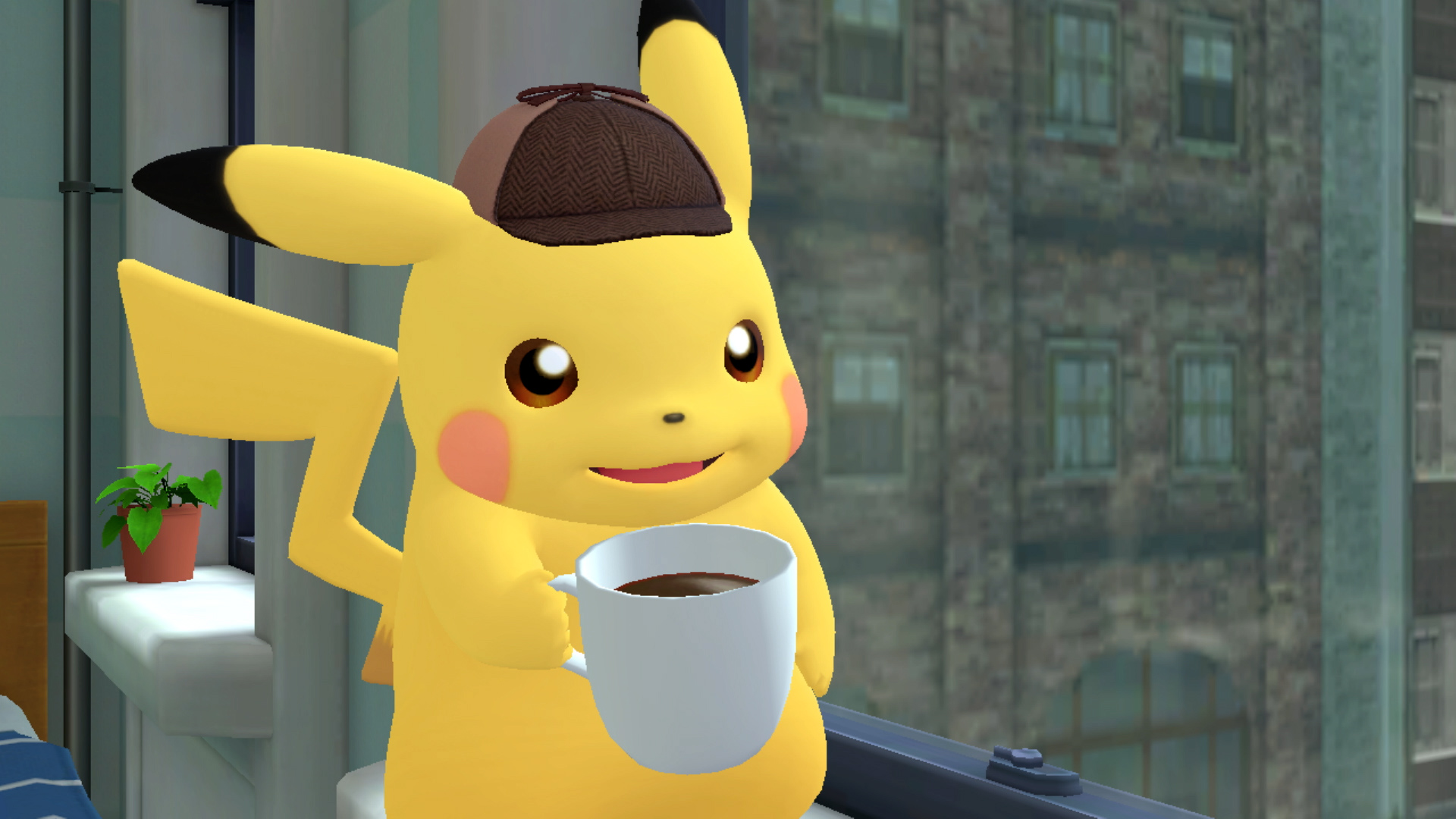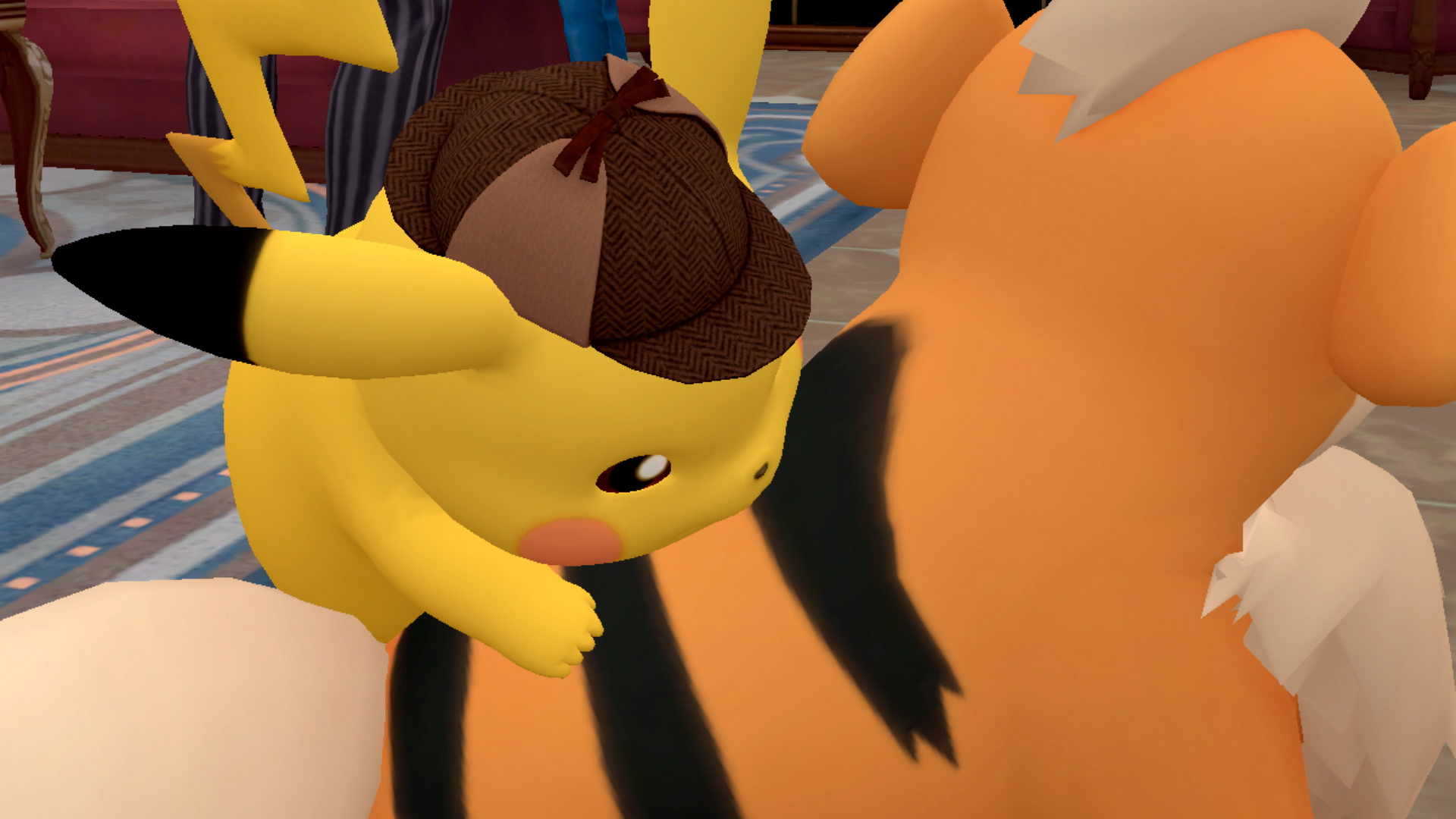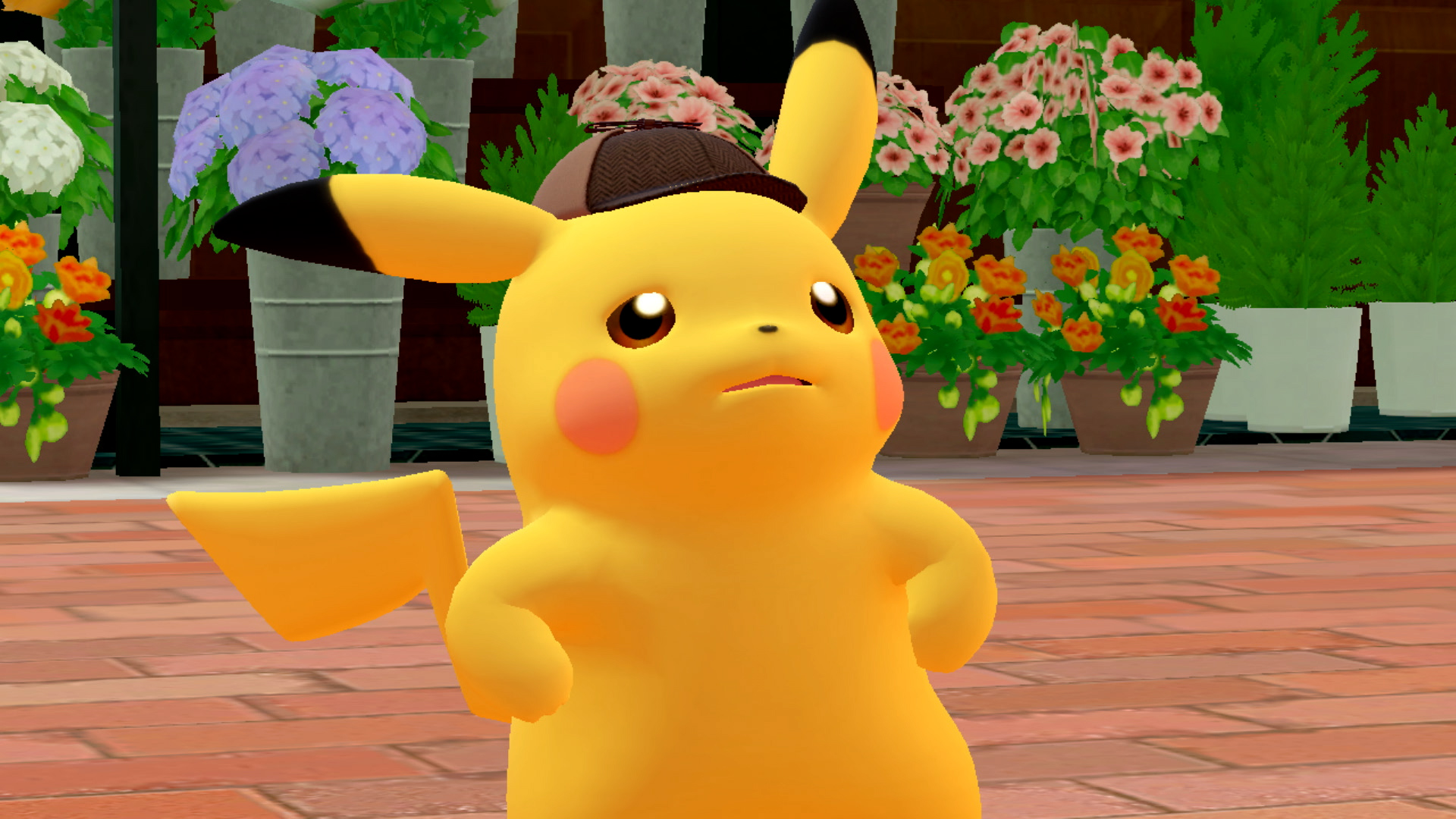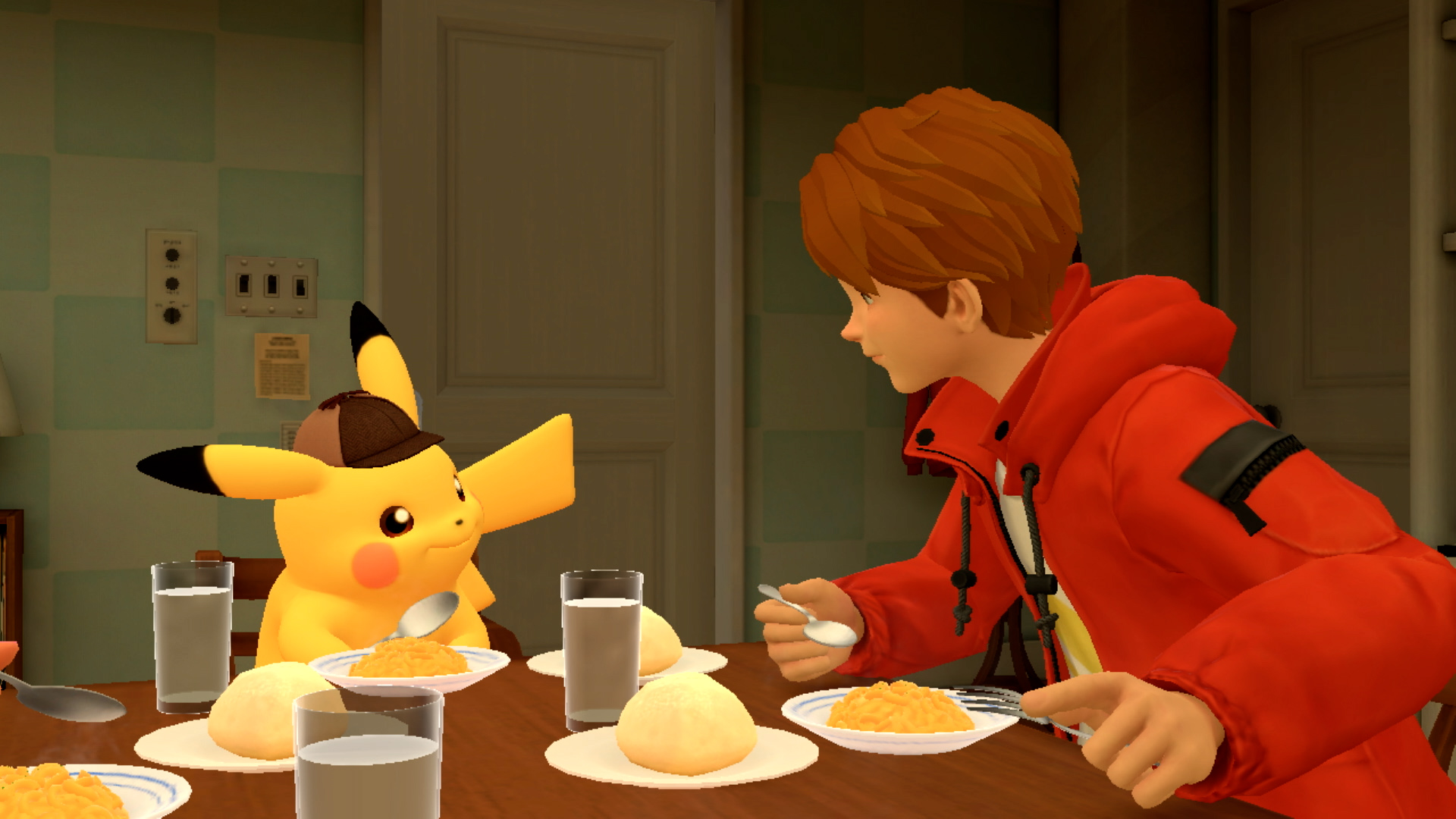Pikachu isn't just a great detective for a Pokemon, but a damn good detective in its own right
Opinion | Detective Pikachu is surely more than just a clue-hunting mascot

It's not hard to see why, but if you had to make any Pokemon a detective, you'd choose Pikachu. It's the brand mascot, about as recognizable as Mickey Mouse and no stranger to personification. It spent 25 years as Ash Ketchum's best pal, so when it came time to perform police procedural work (and be voiced by Ryan Reynolds in a blockbuster film adaptation), Pikachu was ready for the promotion. And now, with Detective Pikachu Returns, it's back to chug coffee and solve Poke-crimes.
But even aside from the fact Pikachu is the Pokemon that sounds the least terrifying when granted the powers of human speech, it's a creature that has the critical thinking skills and biological aptitude necessary for the job. If you piece together its Pokedex entries from the past nine generations of games, Pikachu essentially becomes a Raymond Chandler character.
And it's just as hard boiled when it comes to its affinity for coffee – a small amount of coffee likely wouldn't harm an animal of Pikachu's size, but the amount that this monster guzzles would be highly toxic to most furry things on the planet. But Pikachu has a tough stomach, and you need that when you're on the case.
Stick on a fresh pot


Detective Pikachu Returns review: "A sometimes charming, often lackluster experience"
Pikachu is also highly aware of the world around it. In Pokemon Yellow, we read that "it keeps its tail raised to monitor its surroundings." This indicates a clear head and recognition of its environment. That's not too different from many shifty woodland mammals, but would count extra if you were digging through the bowels of places like the Goldenrod City underground. It’s also a reason why we’re not seeing a Lieutenant Slowpoke or Constable Slakoth.
Pikachu has far more than simple animal instinct, though. Its description in Pokemon Gold says that "this intelligent Pokemon roasts hard berries with electricity to make them tender enough to eat." Considering that a big part of Gold and Silver is based around learning what berries are and that Pokemon can actually eat them, Pikachu is way ahead of the curve. Pikachu is cooking them and we're just shoving them down our Pokemons’ throats raw? It really calls into question who should be training who.
Especially since, by all means, Pikachu has the equivalent intelligence to a human, or at least an early form of mankind. We don't exactly know when early humans learned to cook food (some researchers claim that it was as early as two million years ago, with other estimates ranging around 780,000 years ago). But this means that a Pikachu's basic intelligence, even without a focus on investigation, puts it around the problem-solving and tool-creating smarts of the Homo erectus.
It's a very cautious creature (Pokemon Ruby informs us that, "whenever Pikachu comes across something new, it blasts it with a jolt of electricity"), and one that works well with others (Pokemon Platinum's entry is perfect for a team of sleuths: "It occasionally uses an electric shock to recharge a fellow Pikachu that is in a weakened state"). It's not too far of a leap to grasp the idea that Pikachu would work with a human to solve whatever mysteries they might encounter. Or at least not leave us to die in the street if we got hurt.
Weekly digests, tales from the communities you love, and more

"This means that above all else, Pikachu is capable of sharing empathetic interest with its human peers; it's not just a Pokemon sniffing out a trail, but rather one that actually cares about the mission."
Pikachu's relationships with mankind and with one another are full of the same communal traditions and sentimentality that we have. In Pokemon Shield, we learn that "when Pikachu meet, they'll touch their tails together and exchange electricity through them as a form of greeting." And then, when wearing its partner's cap in many later games, we understand that it's "filled with memories… of traveling across lots of different regions together" and is "proof of the strong bond Pikachu and its partner formed."
This means that above all else, Pikachu is capable of sharing empathetic interest with its human peers; it's not just a Pokemon sniffing out a trail, but rather one that actually cares about the mission. When you hire Pikachu for some reason, instead of, you know, an actual human, you know you’re getting the best. They’ll follow you as long as it takes, or at least as long as you’re willing to pay by the hour.
When you piece all of this together, you get a Pokemon that's suited for both being an ambassador for its own species and working with humans to get to the bottom of an investigation. It should inspire us to find more roles for Pokemon in their society, ones that go beyond "household chores" and "vaguely troubling fights between 10-year-olds." Because Pikachu isn't just a great detective for a Pokemon, but a damn good detective in its own right.
We should feel honored when it agrees to take our case.
Ranking the best Pokemon games from best to worst
Daniel Dockery is a writer for places like Crunchyroll, Polygon, Vulture, WIRED and Paste Magazine. His debut book, Monster Kids: How Pokemon Taught A Generation To Catch Them All, is available wherever books are sold.



